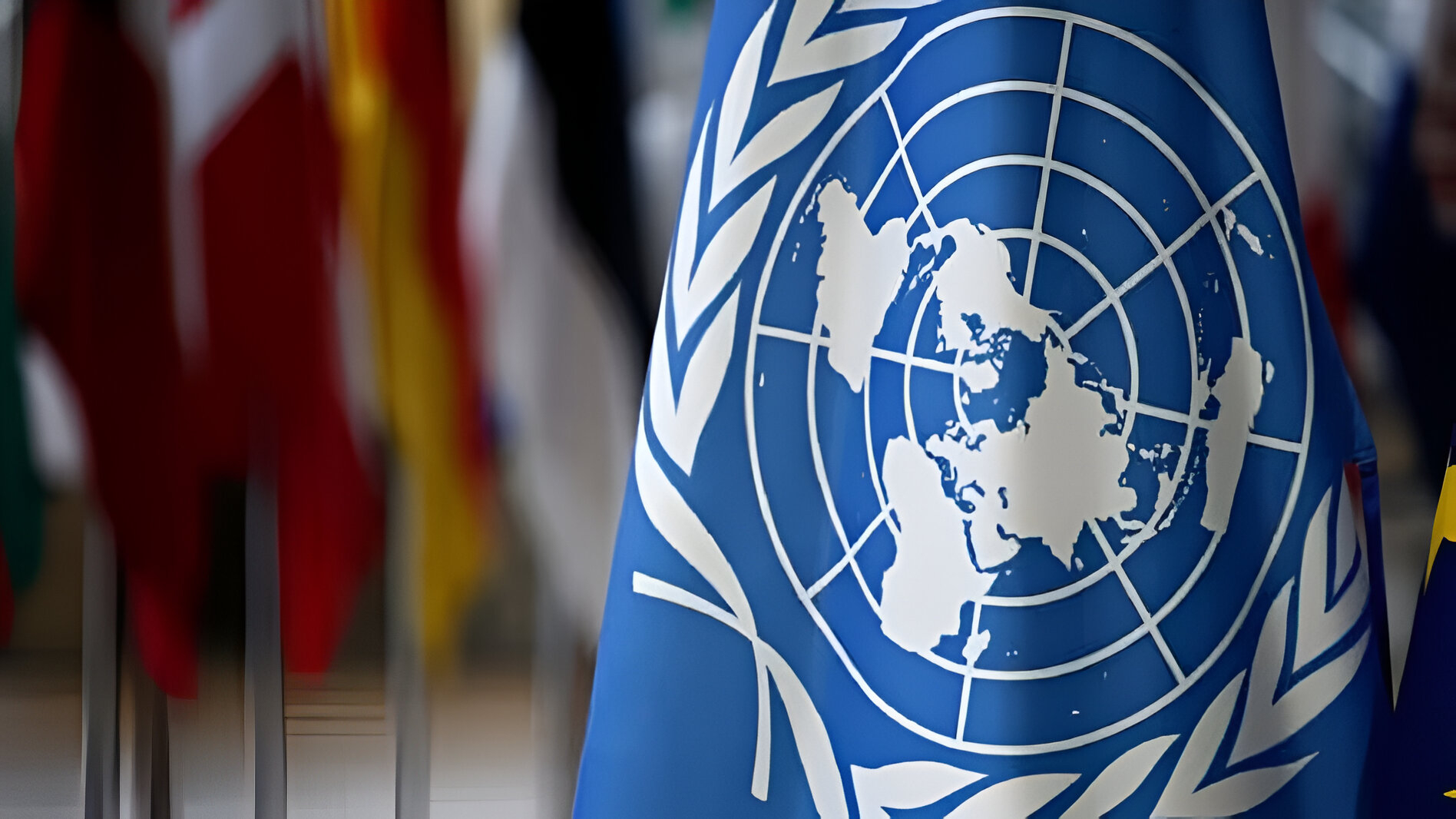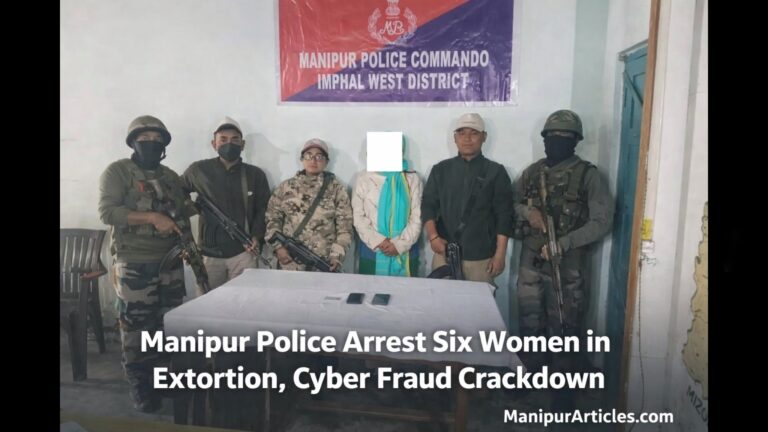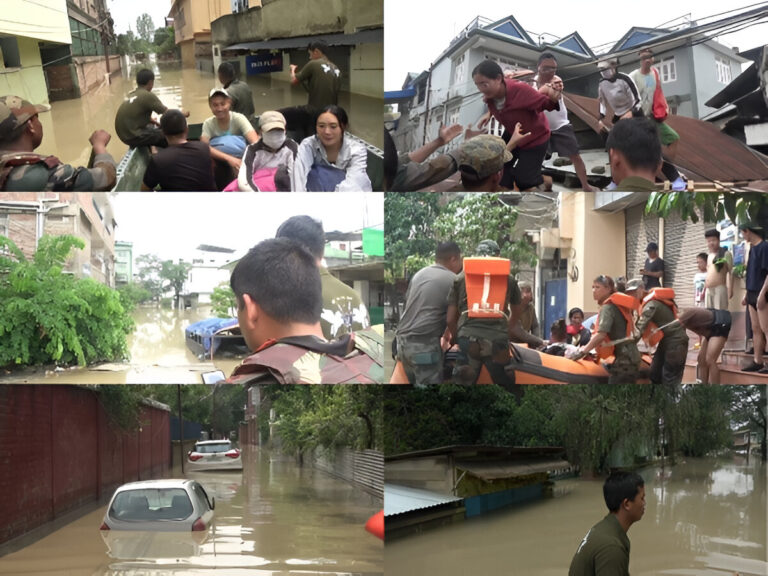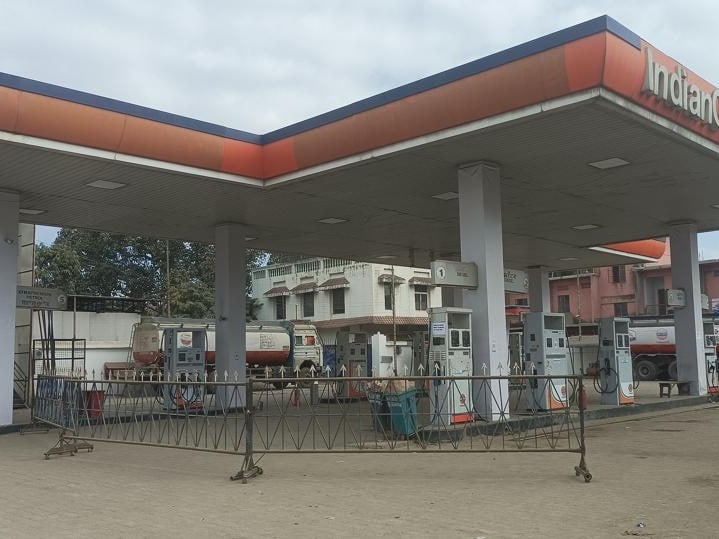India’s Bold Move: Taking the Fight Against Terrorism to the United Nations
News Summary
In a significant diplomatic initiative, India is set to present a compelling case to the United Nations Security Council (UNSC), urging the designation of The Resistance Front (TRF) as a terrorist organization. TRF, believed to be a proxy of the Pakistan-based Lashkar-e-Taiba, has claimed responsibility for multiple attacks in Jammu and Kashmir, including the recent Pahalgam assault that resulted in 26 civilian deaths. India’s move aims to impose global sanctions on TRF, encompassing travel bans and asset freezes. This action is part of India’s broader strategy to hold Pakistan accountable for supporting terrorist groups and to reinforce its commitment to combating terrorism on international platforms.
India’s Strategic Push at the UNSC: A Deep Dive into the Fight Against Terrorism
Understanding The Resistance Front (TRF)
The Resistance Front emerged in the aftermath of the abrogation of Article 370 in Jammu and Kashmir. Widely regarded as a rebranded avatar of Lashkar-e-Taiba, TRF has been implicated in numerous terrorist activities, including targeted killings and arms smuggling across the Kashmir Valley. Its formation is perceived as an attempt to give a local veneer to cross-border terrorism, thereby complicating attribution and international response.
India’s Rationale for UNSC Intervention
India’s decision to approach the UNSC is driven by the need to:
- Expose and sanction groups like TRF that perpetuate violence under the guise of local resistance.
- Hold Pakistan accountable for providing safe havens and support to such organizations
- Strengthen international cooperation in the global fight against terrorism.
By presenting concrete evidence to the 1267 Sanctions Committee, India aims to galvanize global consensus against TRF and similar entities.
Implications of Designating TRF as a Terrorist Organization
Should the UNSC accede to India’s request, TRF would face:
- Asset Freezes: All financial assets linked to TRF would be frozen, crippling its operational capabilities.
- Travel Bans: Key operatives would be prohibited from international travel, limiting their mobility and outreach.
- Arms Embargoes: Restrictions on the procurement of weapons would be enforced, curtailing TRF’s ability to execute attacks.
These measures would not only disrupt TRF’s activities but also send a strong message to other terrorist organizations about the international community’s intolerance towards terrorism.
Conclusion
India’s move to approach the UNSC for designating TRF as a terrorist organization underscores its unwavering commitment to combating terrorism. While challenges persist, especially in securing unanimous support from UNSC members, this initiative marks a significant step in India’s diplomatic and strategic efforts to ensure regional and global security.
FAQs
1. What is The Resistance Front (TRF)?
TRF is a terrorist organization believed to be a proxy of the Pakistan-based Lashkar-e-Taiba. It has claimed responsibility for several attacks in Jammu and Kashmir.
2. Why is India approaching the UNSC against TRF?
India aims to have TRF designated as a terrorist organization to impose global sanctions, thereby disrupting its operations and holding Pakistan accountable for supporting such groups.
3. What are the potential outcomes if TRF is sanctioned by the UNSC?
Sanctions would include asset freezes, travel bans, and arms embargoes, significantly impairing TRF’s operational capabilities.
4. How might Pakistan respond to this development?
Pakistan may deny the allegations and attempt to counter the move diplomatically. However, increased international scrutiny could pressure Pakistan to take action against terror groups operating from its territory.
5. What challenges does India face in this initiative?
Securing unanimous support from all UNSC members, particularly China, which has previously blocked similar efforts, remains a significant challenge.





